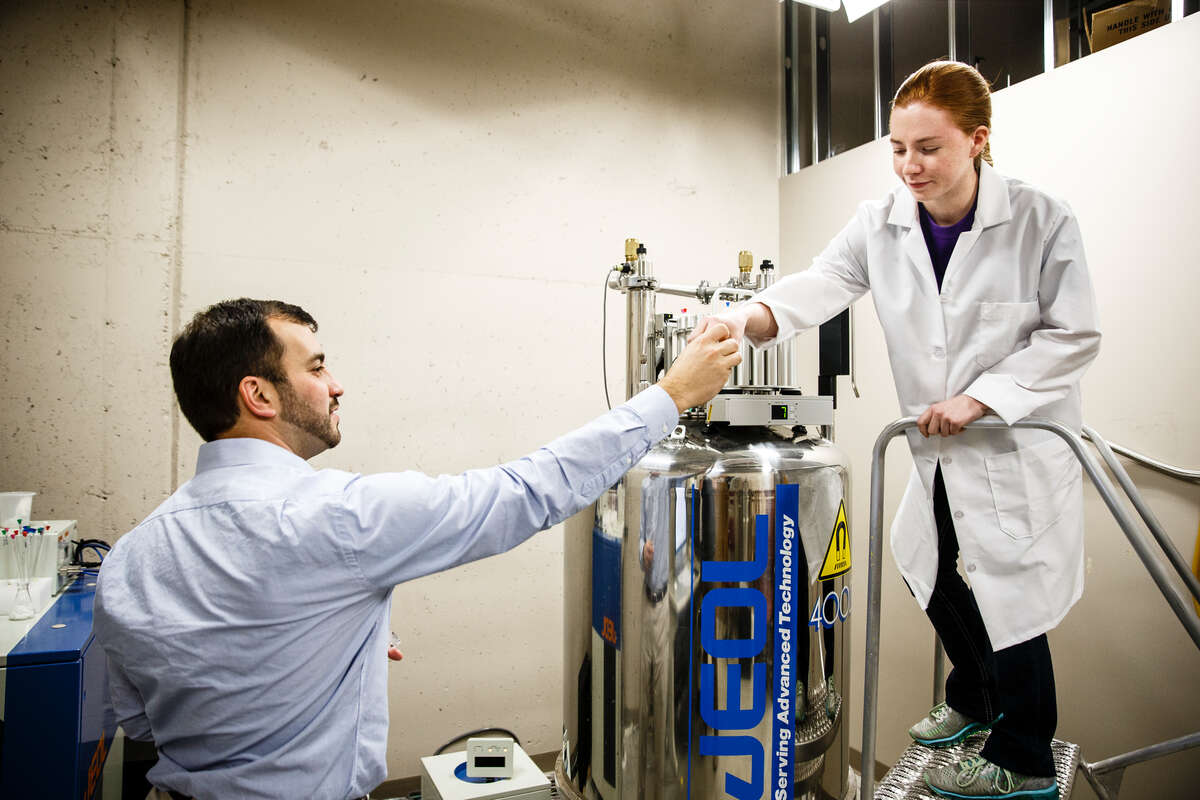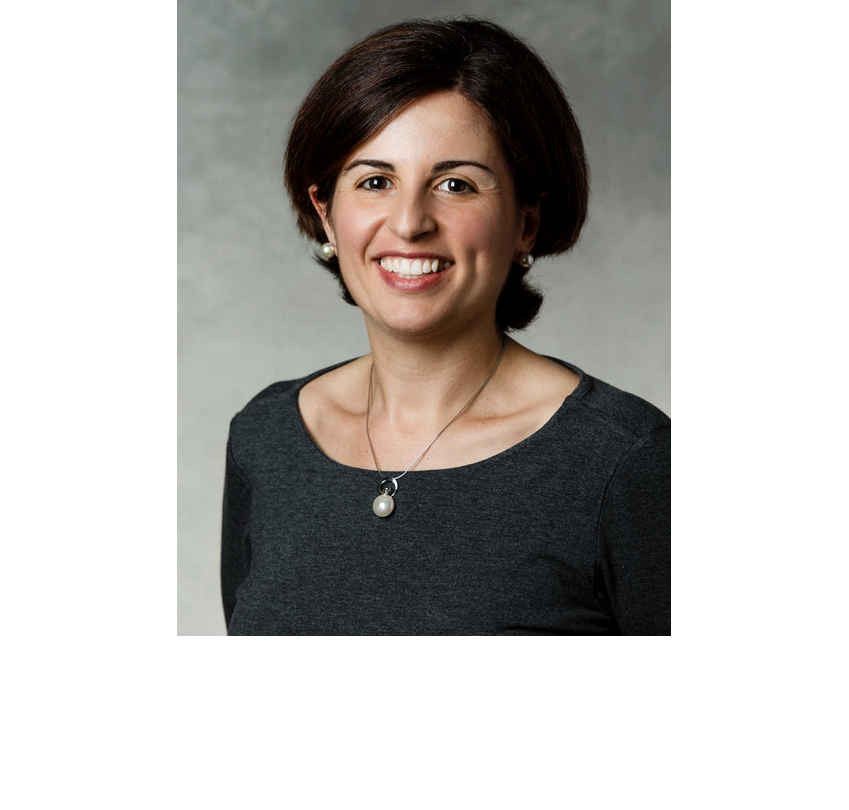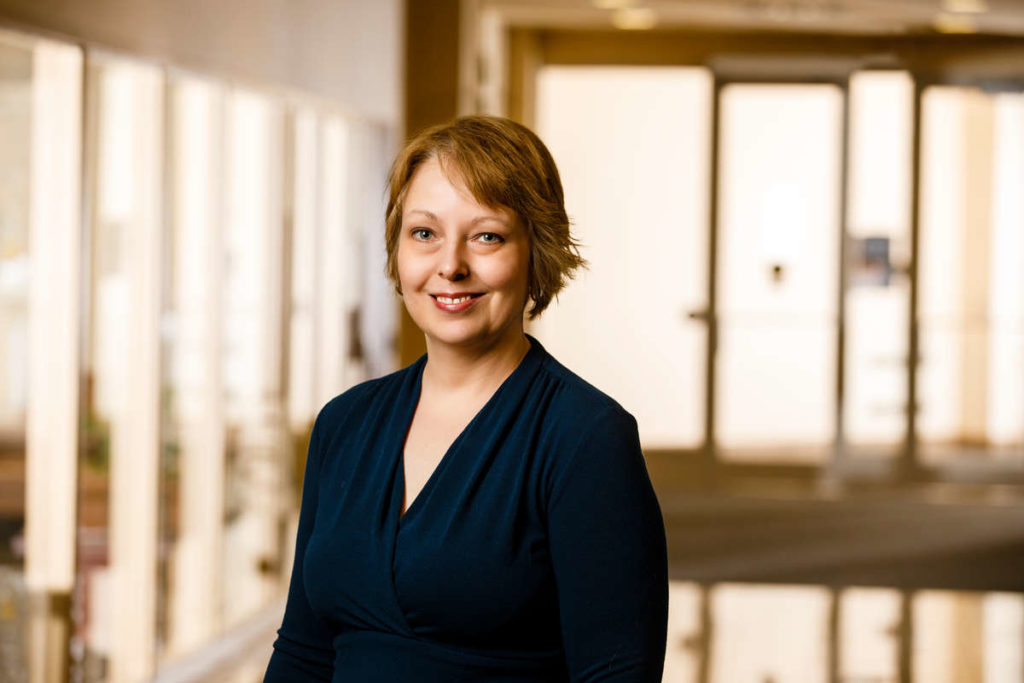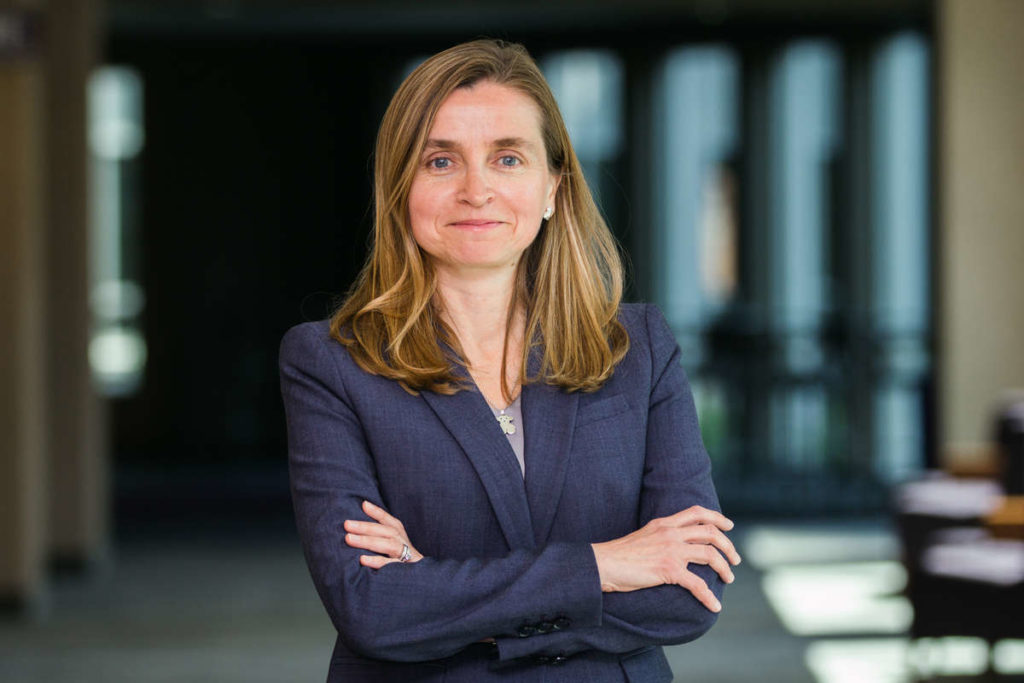Ideas are rarely in short supply for entrepreneurs; however, determining if ideas are practical or possible often requires hands-on research. If your company is in an early stage of development or resources are scarce, traditional avenues to test technological concepts might be out of reach. Independent laboratories can be quite costly and typically focus on verification or production of a known product rather than research and development. Large academic research institutions often have time, cost, commitment and bureaucracy roadblocks. Without significant investment and a track record of success, you may not even find anyone willing to listen.
An often overlooked resource for research and development is primarily undergraduate institutions. Small colleges and universities often have robust research programs and the technology needed to validate ideas. As government funding becomes scarce, faculty at these institutions are often looking for nontraditional partners to support undergraduate research. Research is also a teaching tool, and faculty recognize that a diverse funding portfolio can allow more students to gain experience needed for careers. Faculty at small institutions can also be more agile, supporting students for a summer or an academic term, rather than the multiyear commitment of a graduate student. Costs are low – typically wages and supplies – and the projects are facilitated by faculty who are experts in their fields.
There are three important aspects to consider with this type of partnership. First, find the right fit. Have an honest, NDA-protected conversation about the idea you wish to test. Often the faculty partner will want a project that has the potential for discovery in their field, and you want a partner that is enthusiastic about your idea. Second, set clear expectations for goals and timelines. Some faculty want to give their students research experience, not just lab experience. Articulate if you are looking for a discovery, advancement or simply validation. Third, talk about intellectual property early. You want to protect your innovation and faculty need publications for advancement. Setting a clear window for publication, such as one year from the end of the contract, gives you opportunity for patent filings and faculty opportunity to produce a scholarly work. A well-constructed partnership with an undergraduate institution has the potential to make your idea become reality.
Dr. Eric Fort is faculty and chair of the Department of Chemistry in the College of Arts and Sciences at the University of St. Thomas.







